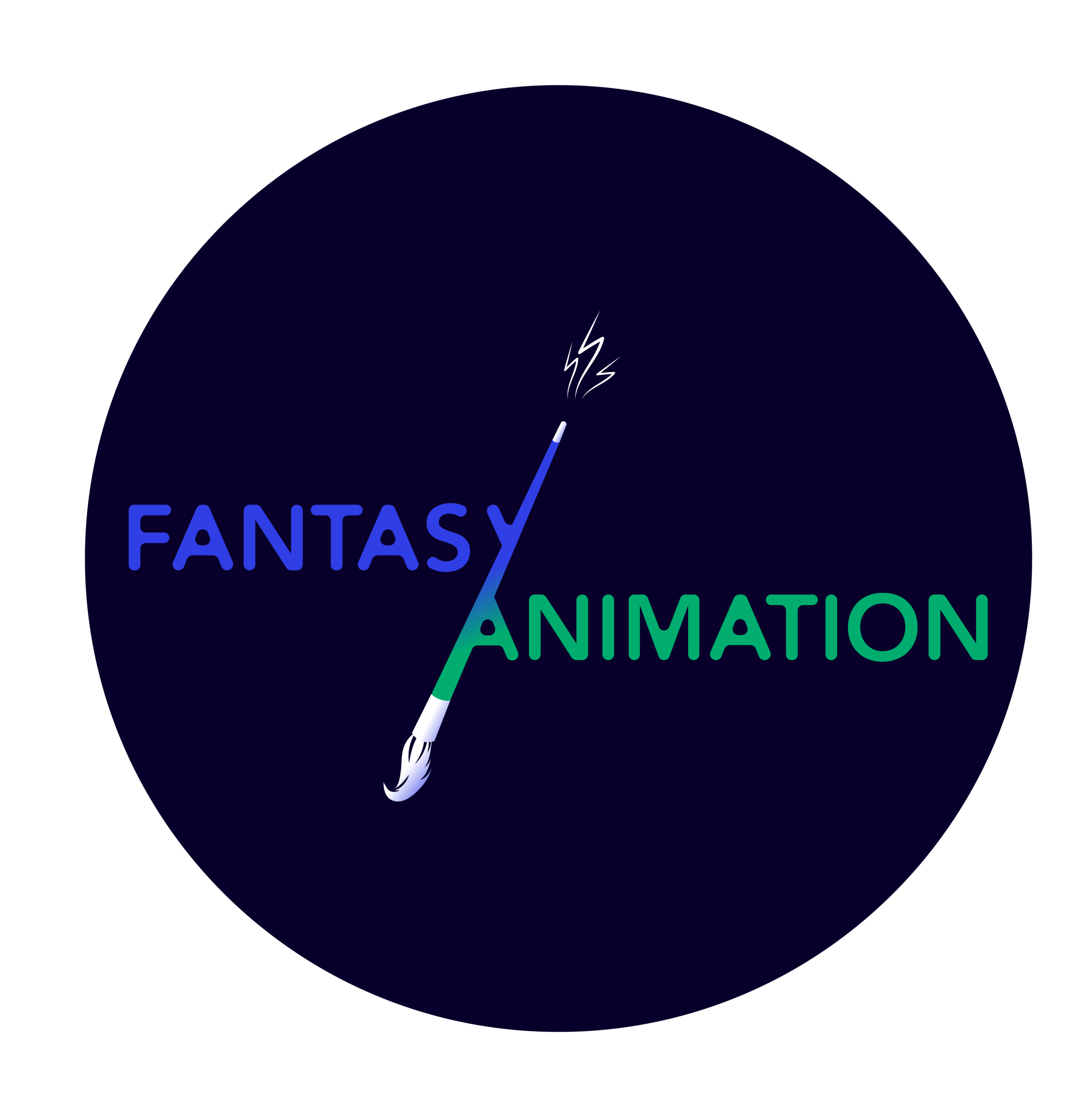Footnote #29 - Transmedia
The Fantasy/Animation podcast takes listeners on a journey through the intersection between fantasy cinema and the medium of animation. Available via Apple Podcasts, Spotify and many of your favourite podcast hosting platforms!
Drawing on the seminal work of scholar Henry Jenkins, this latest Footnote episode engages the question of transmedia storytelling, industrial organisation, cultures of appreciation, and the consumption of media in an era of convergence. Alex takes the lead in discussing how contemporary entertainment experiences involve the dispersal of content across interacting, co-ordinated, and co-dependent media platforms. From medium specificity to the Marvel Cinematic Universe, the idea of ‘transmedia’ is understood in this instalment through the creation of unified stories and narratives that no longer belong to one singular media channel, as well as in relation to the role played by fan practices and the post-classical horizontal integration and media synergy of the Hollywood film industry.
**Fantasy/Animation theme tune composed by Francisca Araujo**
Suggested Readings
Freeman, Matthew. 2017. Historicising Transmedia StorytellingEarly Twentieth-Century Transmedia Story Worlds. London: Routledge.
Geraghty, Lincoln. 2019. “In a “justice” league of their own: transmedia storytelling and paratextual reinvention in LEGO’s DC Super Heroes.” In Cultural Studies of LEGO: More Than Just Bricks, eds. Rebecca C. Hains and Sharon R. Mazzarella, 23-46. New York: Palgrave Macmillan.
Geraghty, Lincoln (forthcoming). “Remember to smash the like button”: community, content creation and Pokémon Go influencers as fan activists.” In Pikachu’s Transmedia Adventures: The Continuing Endurance and Adaptability of the Pokémon Franchise, ed. Ross Garner and E. J. Nielsen. Amsterdam: Amsterdam University Press.
Jenkins, Henry. 1992. Textual Poachers: Television Fans and Participatory Culture. London: Routledge.
Jenkins, Harry. 2006. Convergence Culture: Where Old and New Media Collide. New York: New York University Press.

